The rise of social media influencers in Pakistan has sparked debates about their impact on society, especially among the youth.
Two of the most prominent names in this domain are Iqra Kanwal, known for her lifestyle and fashion content, and Ducky Bhai (Saad Ur Rehman), famous for his comedic skits and commentary videos.

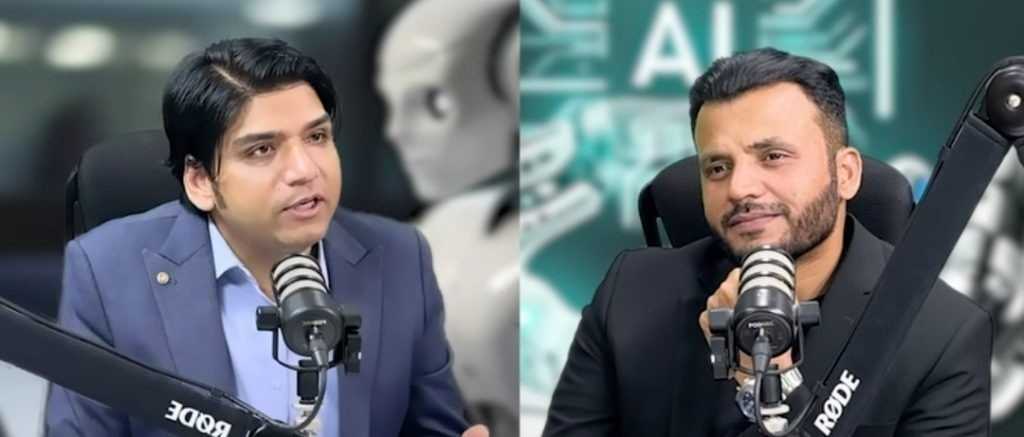
Recently, the debate took a more focused turn when Dr. Affan Qaiser, a well-known media personality and commentator, expressed his concerns about the influence these two figures have on society.
His statement has sparked discussions across various platforms, with people weighing in on whether these influencers are indeed a negative force or merely products of a changing digital landscape.
Affan Qaiser’s Criticism
Affan Qaiser is not a stranger to sharing his thoughts on social issues. His opinions often stir conversations, and this time, he targeted the influence of Iqra Kanwal and Ducky Bhai. Qaiser suggested that their content is not only trivial but potentially harmful, especially to younger audiences who are still forming their identities and values.
He argued that the focus on superficial aspects of life, such as materialism and humor at the expense of others, could lead to a society that values the wrong things.
For Iqra Kanwal, Qaiser’s criticism seems to revolve around the portrayal of a lifestyle that he believes is out of touch with the realities of most Pakistanis.




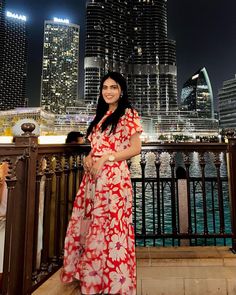

By showcasing a life of luxury, fashion, and beauty, she might unintentionally promote materialistic values, which Qaiser sees as detrimental to societal development.
He fears that such content encourages young people to prioritize wealth and appearance over education, hard work, and moral values.
As for Ducky Bhai, Qaiser’s concerns are more about the content’s tone and approach. Ducky’s humor often involves roasting and satire, which, while entertaining to many, can sometimes border on offensive.
Qaiser worries that this style of humor can normalize bullying and disrespect among young viewers, who might start to emulate their favorite influencer without fully understanding the impact of their words and actions.
The Case for Iqra Kanwal and Ducky Bhai
On the other side of the debate, supporters of Iqra Kanwal and Ducky Bhai argue that these influencers are simply a reflection of modern society’s evolving tastes and interests.
Social media platforms like YouTube and Instagram have democratized fame, allowing anyone with a camera and a message to reach a wide audience. In this context, Iqra and Ducky represent different facets of this new media landscape.

Iqra Kanwal’s content is often seen as aspirational. Many of her followers admire her sense of style and the life she portrays, using it as inspiration for their own goals.
They argue that there is nothing inherently wrong with showcasing a luxurious lifestyle, as long as it is done tastefully and without promoting negativity.

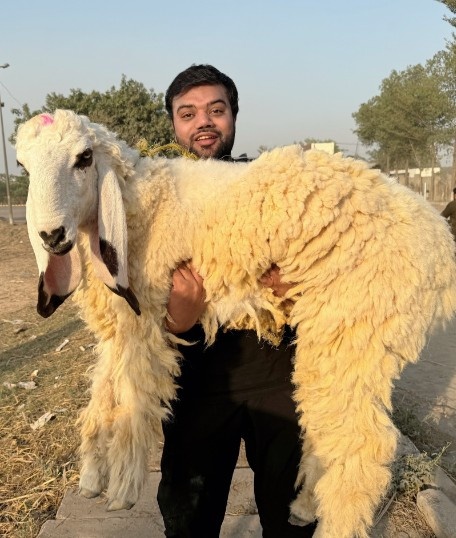
For many, Iqra represents the idea that one can achieve their dreams with hard work and dedication, and she has become a role model for those who aspire to elevate their own lives.
Ducky Bhai, on the other hand, is viewed by his fans as a comedian who provides much-needed relief in a stressful world.

His content, while sometimes controversial, is seen as part of the larger tradition of satire, which has always played a role in challenging norms and offering new perspectives.
Supporters argue that Ducky’s style of humor is a form of expression that resonates with many, and it is up to the viewers to interpret it responsibly.
The Influence of Social Media on Society
The broader issue at play here is the role of social media influencers in shaping societal values.
In a country like Pakistan, where traditional media still holds significant sway, the rise of digital content creators has introduced new challenges and opportunities.
Influencers like Iqra Kanwal and Ducky Bhai reach millions of people, and their impact is undeniable. But with great influence comes great responsibility, and the debate centers around whether these influencers are aware of and adequately managing their impact.
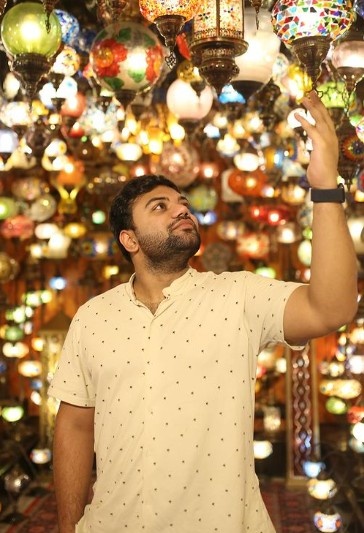
Critics like Affan Qaiser raise valid concerns about the potential downsides of unchecked influence. However, it is also important to recognize that social media is a platform for diverse voices, and what might seem negative to one person could be positive to another.
The responsibility ultimately falls on the audience, especially parents and educators, to guide young people in consuming content critically and understanding the difference between entertainment and real life.
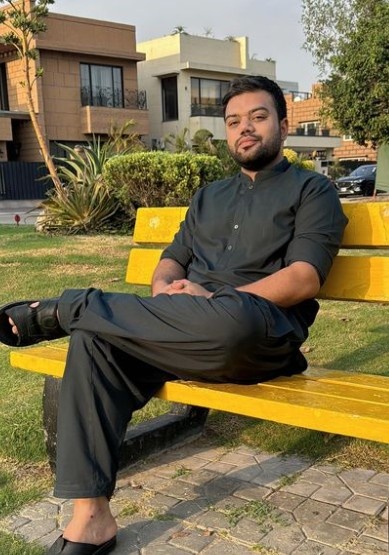
Affan Qaiser’s criticism of Iqra Kanwal and Ducky Bhai highlights a growing tension between traditional values and modern media.
While his concerns are rooted in a desire to protect societal norms, they also open up a necessary conversation about the evolving role of influencers in shaping public opinion.

Whether you agree with Qaiser or not, his remarks serve as a reminder of the power of social media and the need for both creators and consumers to engage with it thoughtfully.
As the digital landscape continues to evolve, these discussions will likely become even more important in understanding how media influences society.